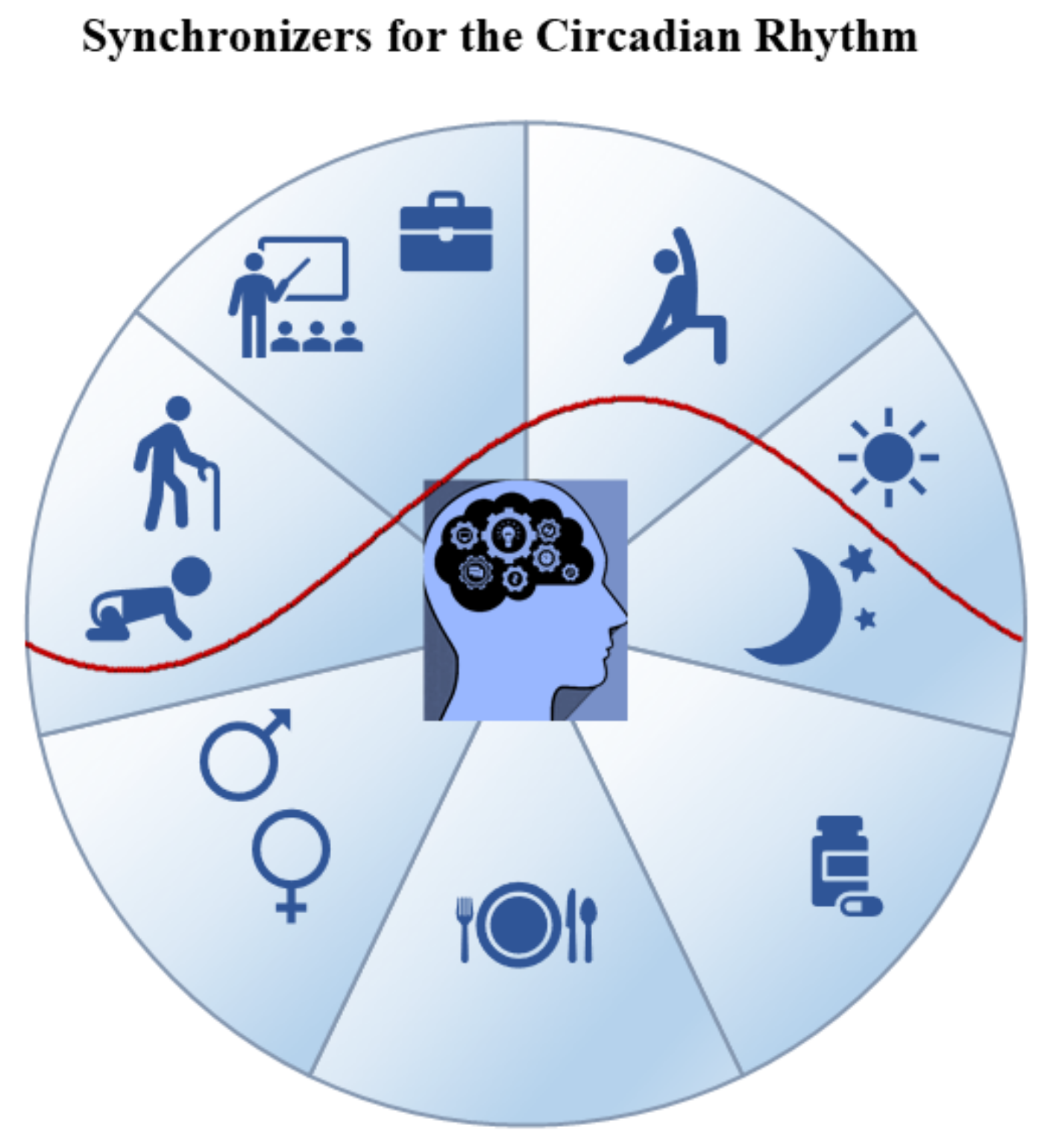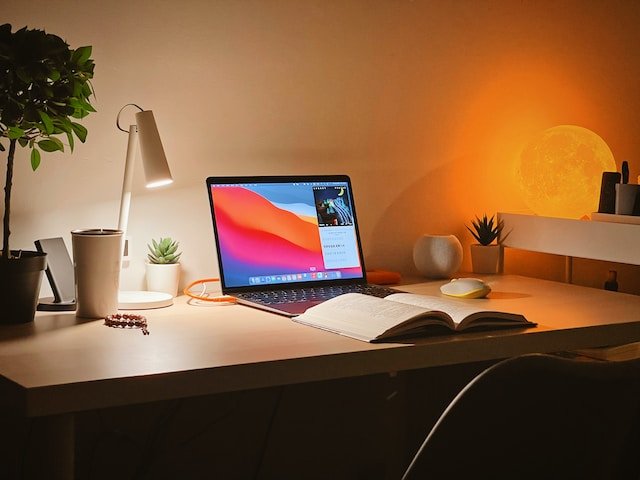
Effective studying is not only about the material covered but also about when and how we study. Understanding the best time to study can significantly impact learning efficiency and retention. While some people are naturally early risers and find mornings ideal for concentration, others may thrive during the late hours of the night.
This article delves into the science behind study timing, exploring the benefits of morning, afternoon, and night study sessions, while also considering individual factors that influence the optimal time to study. By discovering the most suitable study timing and implementing effective strategies, readers can enhance their productivity and make the most out of their learning experience.
Best Time To Study - Circadian Rhythms and Chronotypes

Circadian Rhythms
Circadian rhythms are internal biological processes that regulate various physiological and behavioral changes over a 24-hour cycle. They are influenced by the body’s “master clock,” known as the suprachiasmatic nucleus (SCN), located in the brain’s hypothalamus.
Circadian rhythms play a crucial role in regulating the sleep-wake cycle, body temperature, hormone secretion, and metabolism. Light exposure, particularly natural daylight, is a primary external cue that helps synchronize circadian rhythms with the external environment.
Chronotypes
Chronotypes refer to an individual’s inherent preference for specific times of day, influencing their alertness, energy levels, and sleep patterns. Three main chronotypes are commonly recognized: morning larks (early risers), night owls (late sleepers), and intermediates (neither extreme).
- Morning larks tend to feel most alert and productive in the early morning hours and experience a natural decline in energy and focus as the day progresses.
- Night owls, on the other hand, have a preference for staying up late and may experience increased alertness and cognitive performance during the evening and night.
- Intermediate chronotypes fall somewhere between the extreme morning and evening preferences, with a more balanced rhythm.
Influence on Learning and Productivity
- Chronotypes can significantly impact learning and productivity, as individuals may experience peak mental performance at different times of the day.
- Morning larks often perform well during morning study sessions, benefiting from increased focus and cognitive abilities early in the day.
- Night owls may find their most productive study time in the late afternoon or evening when their alertness and creativity tend to peak.
- Intermediate chronotypes might have a more flexible range of productive study hours, but their performance may still vary throughout the day.
Adjusting Study Habits
- Understanding one’s chronotype can help optimize study habits and create a personalized study schedule aligned with peak cognitive performance.
- Morning larks may want to tackle challenging subjects and critical tasks during their most alert hours and reserve routine or less demanding activities for later in the day.
- Night owls can capitalize on their late-night focus by dedicating study time to creative projects or deep problem-solving tasks.
- Intermediate chronotypes may benefit from experimenting with study times to identify when they feel most focused and alert.
Flexibility and Consistency
- While chronotypes offer valuable insights into individual preferences, it’s essential to remain flexible and adapt study habits as needed.
- Consistency in sleep schedules, meal times, and study routines is crucial for maintaining overall well-being and optimizing learning outcomes.
- Prioritizing healthy sleep habits, regardless of one’s chronotype, is essential for mental and physical health and academic success.
Morning Study Benefits

Enhanced Alertness and Focus:
Improved Memory Retention:
Reduced Distractions:
Consistent Routine:
Increased Productivity:
Opportunity for Physical Activity:
Favorable Scheduling:
Early Completion of Tasks:
Improved Sleep Quality
Afternoon Study Considerations

Post-Lunch Dip:
Combating Afternoon Fatigue:
Timing Flexibility:
Distraction Management:
Work-Life Balance:
Studying Peak Hours:
Accommodating Learning Styles:
Meal Planning:
Avoiding Caffeine Dependency:
Time Management:
Night Study Strategies

Time Management
Plan the night study session in advance to ensure all necessary materials and resources are readily available. Allocate specific time slots for different subjects or tasks to maintain a balanced study routine.
Individual Factors in Study Timing

Chronotype:
Peak Cognitive Hours:
Energy Levels:
Personal Commitments:
Academic Requirements:
Flexibility and Adaptability:
Study Environment:
Sleep Quality and Sleep Debt:
Social Interactions:
Health and Well-being:
Stress and Relaxation:
Conclusion:
Choosing the best time to study is a personal endeavor that involves understanding our body’s natural rhythms and individual preferences. Whether one is a morning person, an afternoon enthusiast, or a night owl, there are advantages to be harnessed from each chronotype. By aligning study sessions with peak alertness and energy levels, learners can optimize their productivity and retention.
However, it’s important to remember that productivity transcends timing; consistency, goal-setting, and effective time management play pivotal roles in successful studying. Embracing self-awareness and experimenting with various study schedules can lead to the discovery of a tailored learning approach that fosters academic achievement and personal growth. Ultimately, the best time to study is one that works harmoniously with individual lifestyles and study needs, providing a strong foundation for a fulfilling educational journey.